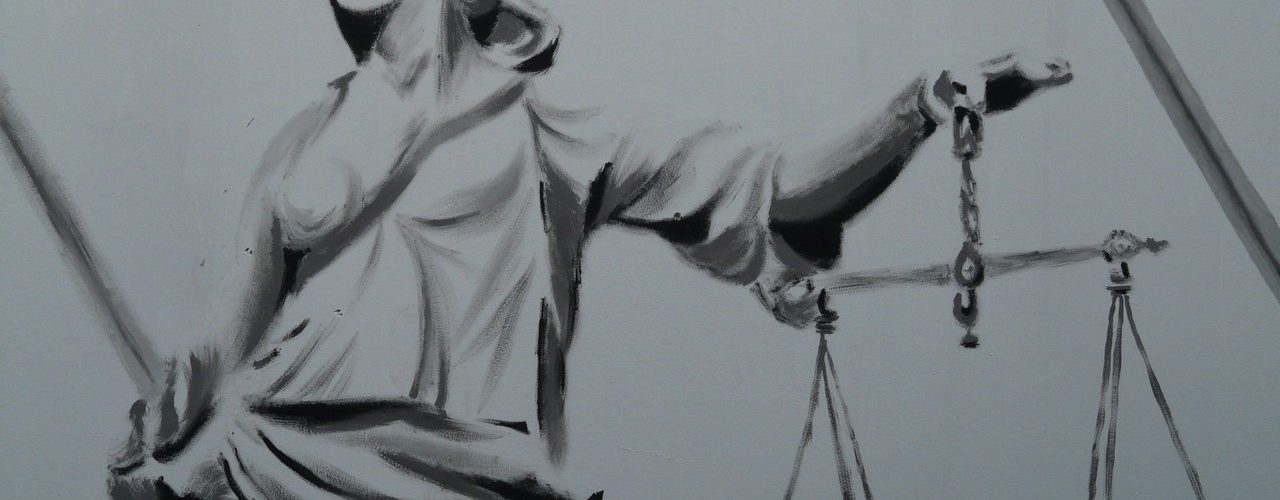On July 15, 2015, the ECJ issued its Order in the case C-123/14 (Itales).
Context: Reference for a preliminary ruling – Article 99 of the Rules of Procedure of the Court of Justice – Tax matters – VAT – Directive 2006/112 / EC – Principle of fiscal neutrality – Deduction of VAT paid on a supply received – Concept of supply of goods – Conditions of supply goods – Lack of evidence of actual possession of the goods by the direct supplier
Article in the EU VAT Directive
Article 14(1) and 168 of the EU VAT Directive 2006/112/EC.
Article 14 (Taxable transaction – Supply of Goods)
1. ‘Supply of goods’ shall mean the transfer of the right to dispose of tangible property as owner.
Article 168 (Right to deduct VAT)
In so far as the goods and services are used for the purposes of the taxed transactions of a taxable person, the taxable person shall be entitled, in the Member State in which he carries out these transactions, to deduct the following from the VAT which he is liable to pay:
(a) the VAT due or paid in that Member State in respect of supplies to him of goods or services, carried out or to be carried out by another taxable person;
(b) the VAT due in respect of transactions treated as supplies of goods or services pursuant to Article 18(a) and Article 27;
(c) the VAT due in respect of intra-Community acquisitions of goods pursuant to Article 2(1)(b)(i);
(d) the VAT due on transactions treated as intra-Community acquisitions in accordance with Articles 21 and 22;
(e) the VAT due or paid in respect of the importation of goods into that Member State.
Facts
- Itales is a company established under Bulgarian law and registered under the VAT Act, and one of its main activities is the trade in wild mushrooms.
- During the tax periods November and December 2009, Itales exercised its right to deduct a tax credit on three frozen and dried mushroom invoices issued by various suppliers, namely Aqua Dreams EOOD (‘Aqua Dreams’). “),” Visit Trade Company “Ltd. (hereinafter referred to as” Visit Trade Company “) and” Fungi “Ltd. (hereinafter referred to as” Fungi “).
- During a tax audit, the Bulgarian revenue authorities found that Itales had declared delivery of frozen mushrooms to an Italian company, which had confirmed the delivery.
- Checks on Itales’ suppliers revealed that they had recorded in their accounts the invoices issued to Itales and indicated the relevant VAT in their tax returns.
- As regards Aqua Dreams, it has been established that it has no employees under an employment contract. According to the written explanations of the manager of the company, the goods sold to Itales were previously purchased by individuals through a forwarder and intermediary, and the transaction was made in Plovdiv (Bulgaria), as the transport and costs are at the expense of Itales.
- With regard to the Visit Trade Company, it was established that the main activity of the company is the purchase, processing and export of wild mushrooms and berries, for which it has its own complex for freezing, drying and storage of products. The delivery of the goods to Itales took place in the seller’s warehouse and the transport costs are borne by the buyer. Documents regarding the acceptance and delivery of the goods have not been submitted.
- As regards Fungi, it was established that it used refrigerated warehouses owned by Visita Trade Company, where the goods subsequently sold to Itales were stored. This product was delivered in two parts, for which handover protocols were drawn up, and the transport was at the expense of Itales. Visiting Trade Company is mentioned as a previous supplier of Fungi.
- On the basis of those findings, the revenue authorities considered that no evidence had been provided that the goods had been purchased by Itales’ suppliers and that, accordingly, there had been no supply of goods within the meaning of Article 6 of the VAT Act. In fact, according to the revenue authorities, since the direct suppliers do not prove the purchase of mushrooms, they cannot sell them to Itales. Itales was issued an audit report denying it the right to deduct a tax credit for the three invoices at issue in the main proceedings.
- The appellant in the main proceedings appealed against this revision act administratively, and after the rejection of his appeal he referred the dispute to the Administrative Court – Varna.
- In the course of the proceedings, evidence was provided to confirm receipt of the goods in Italy. In addition, information was provided to the referring court on the exchange of data between the revenue administrations of the Member States concerned, including the declaration of supplies and the charging of VAT by the consignee.
- However, the revenue authorities maintain before the referring court that Aqua Dreams, Visita Trade Company and Fungi have not shown that they purchased and therefore entered into possession of the goods at issue in the main proceedings. Therefore, the three companies could not be considered to have sold the goods to Itales. The invoices did not document the actual transfer of ownership and were irrelevant. Therefore, the VAT charged to those companies was unlawfully charged within the meaning of Article 70 (5) of the VAT Act, and Itales was lawfully denied a tax credit.
- According to the referring court, there is no dispute between the parties as to the fact that the goods at issue in the main proceedings are the subject of a supply in the Union from Itales and its direct supplier to a destination in Italy, where the buyer receives them and where VAT is charged.
- The referring court considers that the question is whether there has been a transfer of ownership of the goods at issue in the main proceedings from Aqua Dreams, Visita Trade Company and Fungi, on the one hand, to Itales, on the other. In fact, although Itales eventually sold the goods to an Italian company and received them, it has not been proven that Aqua Dreams, Visita Trade Company and Fungi previously owned the goods. The referring court emphasizes that the case-law of the Supreme Administrative Court in that regard is contradictory.
Questions
(1) Is Article 168 of Directive 2006/112 to be interpreted as meaning that, once a good has been sold to a third party, the right to deduct a tax credit arises from its purchase, notwithstanding the lack of evidence that the previous supplier owned the good? of the same kind?
2) Does the directive and the case law on its interpretation correspond to administrative practice, such as that of the National Revenue Agency, which denies the exercise of the right to deduct tax credit to taxable persons due to lack of evidence of origin without indication of the suspicion of participation in tax fraud and / or the availability of objective data from which to establish whether the taxable person knew or should have known that the transaction justifying the right to deduct is part of tax fraud?
AG Opinion
None
Decision (Order)
The provisions of Council Directive 2006/112 / EC of 28 November 2006 on the common system of value added tax, which concern the right to deduct value added tax, must be interpreted as precluding the tax administration of Member State to accept that no supply of goods has taken place, as a result of which there is an obstacle for the buyer to deduct the VAT paid on the purchase, on the grounds that the buyer has not proved the origin of the goods concerned or that his supplier owned them, although that administration did not find that the buyer had participated in a VAT fraud and knew or should have known that the transaction in question was part of such a fraud.
Personal comments/VATupdate
Source:
Similar ECJ cases
How did countries implement the case? Your feedback appreciated! Let us know
Newsletters















